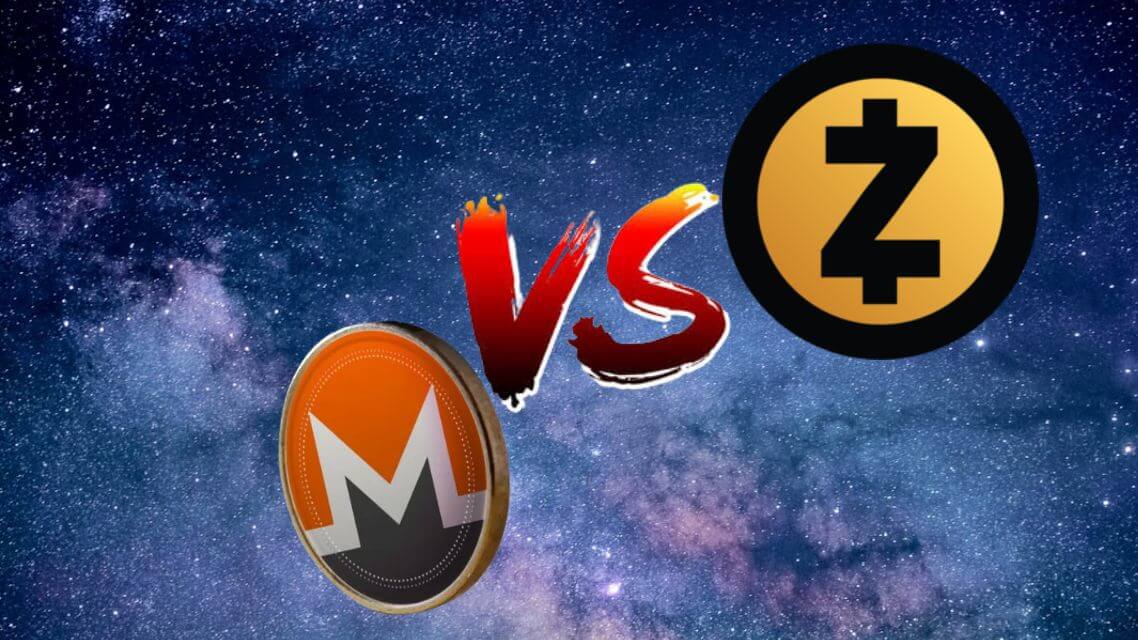Mark Cuban took to Twitter to share his thoughts on the cryptocurrency slump, comparing it to the lull that the internet experienced.
Billionaire entrepreneur Mark Cuban believes that cryptocurrency is on the same downswing as 2000s era internet companies. He addressed the recent crypto alump via Twitter, comparing it to when the Dot Com bubble burst in early 2000.
He noted:
“Crypto is going through the lull that the internet went through. After the initial surge of exciting apps, NFTs, DeFi, P2E, we saw the imitation phase as chains subsidized the movement of those apps to their chains (ala bandwidth and storage subsidies by startups in the 2000s)”
Cuban added:
“What we have not seen is the use of Smart Contracts to improve business productivity and profitability. That will have to be the next driver. When business can use Smart Contracts to gain a competitive advantage, they will. The chains that realize this will survive[…]The chains that copy what every one else has, will fail. We don’t need NFTs or DeFi on every chain. We don’t need bridges to move NFTs between chains (does this make it fungible?). We need Smart Contract apps replacing SAAS apps.”
In February of last year, Cuban noted in an interview with Real Vision founder and CEO Raoul Paul how the pandemic caused disruption to companies, but this would result in greater innovation- enhanced by blockchain technology and the companies that will follow this.
“It’s like the early days of the internet – brand new, no one really knows what it’s going to be. [There’s] a lot of projections,” he said. ”[W]hen we were starting AudioNet, that turned into Broadcast.com, I can’t tell you how many times everybody said, ‘Internet broadcasting? There’s no chance. I don’t need this internet craziness to do this.’ A lot of people thought we were crazy.”
Bitcoin has tumbled to a 2022 low, down more than 50% from its ATH as of Monday morning when it fell below $33,000.
Disclaimer: This article is provided for informational purposes only. It is not offered or intended to be used as legal, tax, investment, financial, or other advice.
Credit: Source link






















